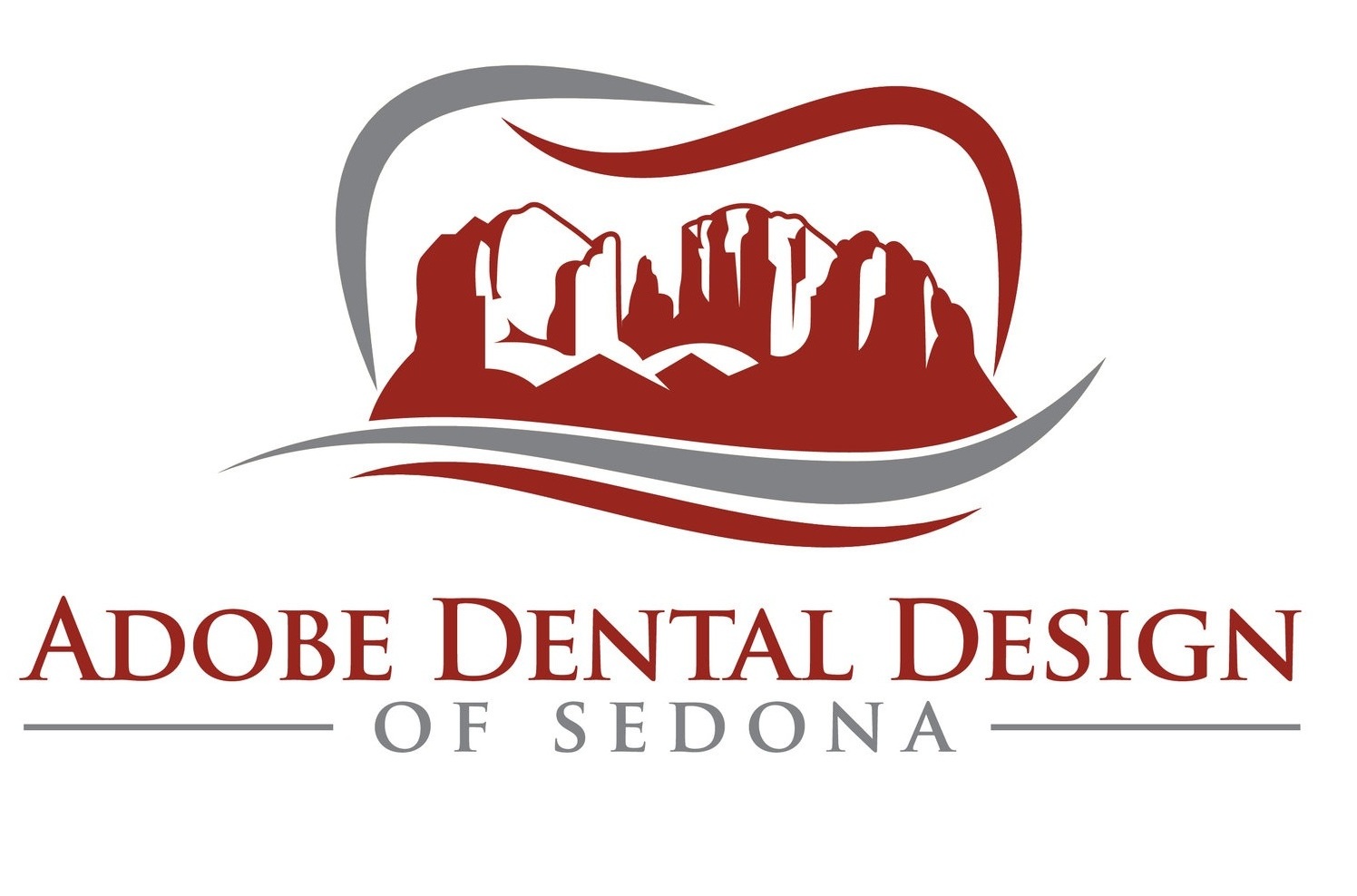Treatment for Obstructive Sleep Apnea in our Sedona Dental Office
Obstructive Sleep Apnea
Your sleep impacts every aspect of your health and daily life. Sleeping well helps you look, feel and perform your best. But a sleep problem can be harmful to your health and well-being. One of the most common sleep problems is obstructive sleep apnea. Learn more about the warning signs and how you can get help
About Obstructive Sleep Apnea
Nearly 30 million adults in the U.S. have obstructive sleep apnea (OSA), which can cause them to stop breathing hundreds of times a night for anywhere from a few seconds to more than a minute.
Sleep apnea is a chronic condition that occurs when your muscles relax during sleep, allowing soft tissue to collapse and block the airway. As a result, repeated breathing pauses occur, which often reduce your oxygen levels. These breathing pauses are followed by brief awakenings that disturb your sleep.
Common signs of sleep apnea include snoring and gasping or choking sounds during sleep. Like snoring, sleep apnea is more common in men, but it can occur in women too, especially during and after menopause. Having excess body weight, a narrow airway or misaligned jaw all increase the risk of sleep apnea.
Is Treating OSA Important?
Treating obstructive sleep apnea is incredibly important to your health. When left untreated, sleep apnea often causes excessive daytime sleepiness or fatigue, as well as morning headaches and memory loss. Sleep apnea also is a threat to your safety as it increases your risk of drowsy driving and workplace accidents. Untreated sleep apnea raises your risk for serious health problems. These include:
High blood pressure
Stroke
Heart disease
Diabetes
Chronic acid reflux
Erectile dysfunction
Severe, untreated sleep apnea even increases your risk of death.
How is OSA Diagnosed?
A doctor must determine if you have obstructive sleep apnea. A doctor who is a sleep specialist can provide you with a complete sleep evaluation. This may involve either an overnight sleep study at a sleep center or a home sleep apnea test. The sleep doctor will interpret the data from your sleep study to make a diagnosis. Dr. Held is able to administer a home sleep study from our Sedona Dental Office and have a sleep physician read the result.
How is OSA Treated?
Your sleep doctor will discuss treatment options with you. These options include continuous positive airway pressure (CPAP) therapy, oral appliance therapy and surgery.
CPAP therapy involves wearing a face mask connected by tubing to a constantly running machine.
Oral appliance therapy uses a mouth guard-like device - worn only during sleep - to maintain an open, unobstructed airway.
Surgical options include a variety of procedures. All have varying side effects and rates of success.
Research shows that oral appliance therapy is an effective treatment option for snoring and obstructive sleep apnea. An oral appliance is worn in the mouth only while you sleep and fits like a sports mouth guard or an orthodontic retainer. Oral appliances support your jaw in a forward position to help maintain an open upper airway.
Many patients consider a sleep apnea appliance to be more comfortable to wear than a CPAP mask. Oral appliances also are quiet, portable and easy to care for.
If you and your doctor decide that oral appliance therapy is the best treatment option for you, then your doctor will write a prescription for you to receive a custom-made sleep apnea appliance. You also will receive a referral to a qualified dentist who can provide oral appliance therapy. More than 100 oral appliances have received FDA clearance. Your dentist will recommend the device that is best for you. Oral appliance therapy is covered by many medical insurance plans.
Get Help
Talk to your doctor about treatment options for snoring and sleep apnea. Ask if oral appliance therapy might be the right solution for you. Get help today to improve your sleep and your health!

